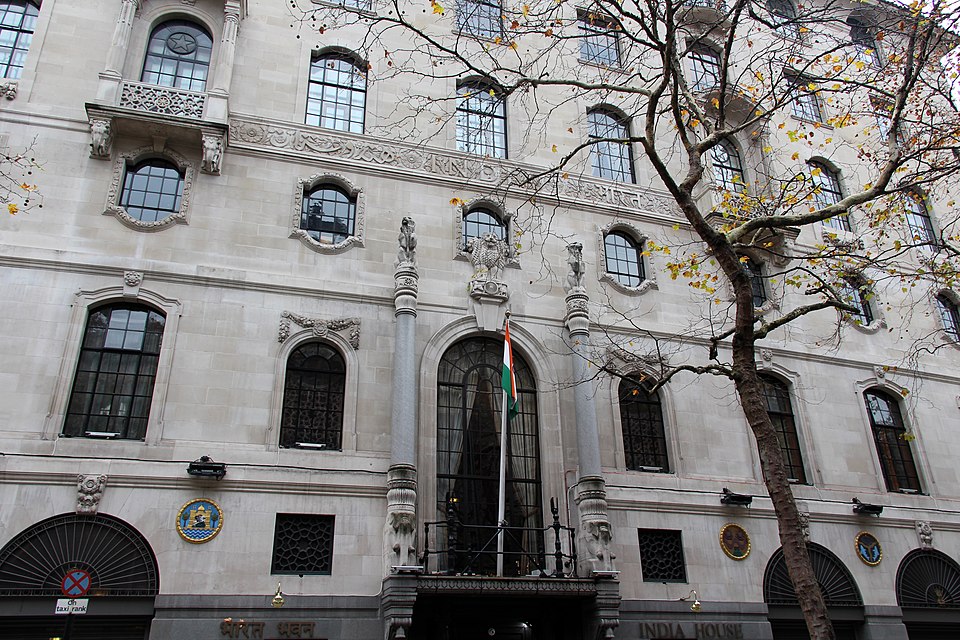
The UK and India have finalized a major trade agreement—the most significant one Britain has secured since exiting the European Union.
Prime Ministers Keir Starmer and Narendra Modi reached the agreement during a call on Tuesday, following an intense week of negotiations in London. The deal, three years in the making, marks a new chapter in the economic relationship between the two countries.
“This is a new era for trade and the economy,” Starmer said. “Today we’ve agreed a landmark deal with India—one of the world’s fastest-growing economies—that will boost growth and deliver for the British people and businesses.”
Modi hailed the pact as a step forward in strengthening the UK-India Comprehensive Strategic Partnership, saying it will drive trade, investment, job creation, and innovation. He also announced plans to welcome Starmer to India soon.
The deal is expected to add £4.8 billion to the UK’s GDP by 2040, according to government forecasts.
Talks gained momentum after UK Trade Secretary Jonathan Reynolds visited Delhi in February, reigniting negotiations with Indian Commerce Minister Piyush Goyal. Goyal later traveled to London last week to finalize the deal, wrapping up key details over the weekend.
However, a separate Bilateral Investment Treaty—discussed alongside the trade agreement—remains under negotiation.
Key trade provisions
The agreement will gradually eliminate tariffs on 85% of UK exports to India, translating to £1 billion in tariff reductions over the next decade.
Notable tariff cuts include:
- Scotch whisky: Immediate 50% cut from India’s current 150% tariff, dropping to 40% over ten years.
- Autos: Duties reduced from 100% to 10%, with quotas on both sides.
- Other sectors seeing reductions: cosmetics, aerospace, medical devices, electrical machinery, agriculture, and food products.
- In return, the UK will lower tariffs on Indian exports like textiles, footwear, frozen prawns, and other foods.
Breaking deadlocks
Previous talks had stalled under the Conservative government, largely over migration and services market access. Progress accelerated recently with a breakthrough on the mobility chapter—governing company staff transfers—with India accepting only minor UK visa changes.
India also secured a "Double Contribution Convention," letting short-term visa holders reclaim UK pension contributions.
Climate concerns and future talks
India remains concerned about the UK’s proposed carbon border tax on high-emissions imports, though this issue is being addressed separately in ongoing bilateral discussions.
As India pushes toward its 2047 development goal, the country’s economic ascent continues. It recently surpassed Japan to become the world’s fourth-largest economy, with projections placing it in third place by 2028. Photo by Fred Romero from Paris, France, Wikimedia commons.









































